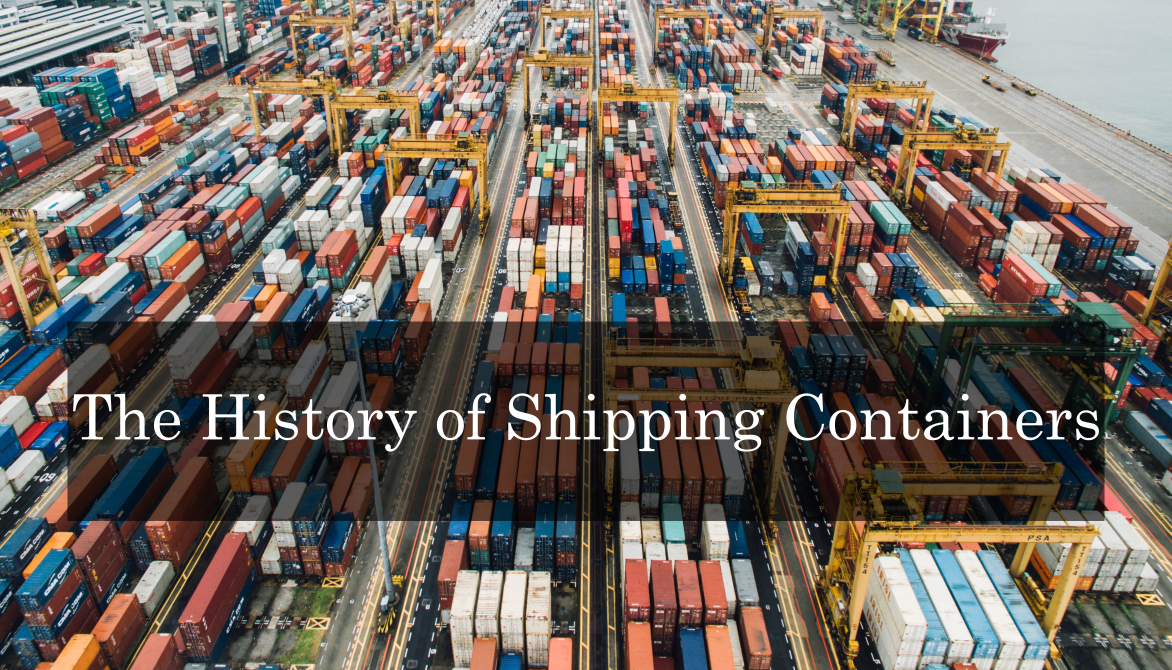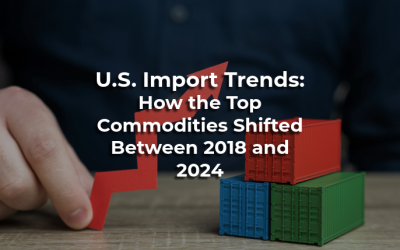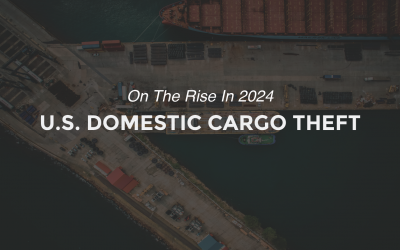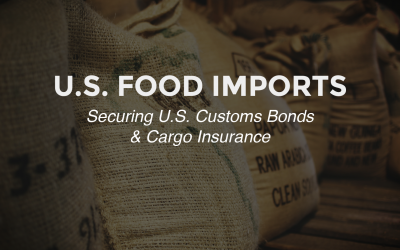The shipping container changed the way international trade is conducted.
For centuries, humans have voyaged across the sea, bringing various cargo along with them. Towards the beginning of the 19th century, trade via sea needed a more efficient loading and storage process. It took dock crews a week to unload a large ship’s cargo by hand, and then they had to load the same cargo onto trains for additional transportation. Any cargo stored at a port needed to be stored in an existing warehouse because the crates goods were stored in were not very durable. The invention of the shipping container made transportation easier, lowered costs, and revolutionized international trade.
Brief History of the Shipping Container
In 1937, Malcom McLean, a trucker, witnessed the slow process of unloading cargo from a ship when he was in New Jersey. Not only did McLean recognize that the process was inefficient, he saw a future opportunity. McLean owned the 5th largest trucking company in the United States at the time, and by 1950 he had over 1750 trucks in the United States. At that point, he recognized that the trucking industry was reaching a limit in the amount of cargo that was able to be transported.
This is when McLean revolutionized the shipping industry and decided to shift his focus to transporting goods with boats. McLean took out a $42 million loan, purchased an oil tanker, and designed the first model of the present day shipping container. The containers were stackable, strong, and easy to load and unload. Most importantly his new process dropped the cost to ship cargo by 90%. The cost to unload one ton of goods went from $5.86 to $0.16 with the use of McLean’s container. The shipping container changed trade forever.
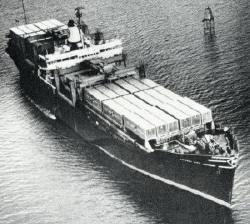
Image via PORTFOLIO
Later, during the Vietnam War, the United States government made McLean’s invention an indispensable transportation tool. Shipping food and supplies to soldiers overseas and sometimes even providing soldiers with shelter during hard times. The Vietnam War also called for the standardization of container sizes. Because of this the TEU or twenty-foot equivalent unit was born, making a standard container 20ft long.
Present Day Shipping Containers
Fast forward to the present day, McLean’s shipping container is largely responsible for the rapid globalization over the last 60 years. The international trade industry is booming, 1.6 billion tons of cargo is carried across the ocean in shipping containers each year and some cargo ships can carry over 20,000 TEU’s, quite a step up from McLean’s initial voyage in 1956 which carried 58 containers.
Now-a-days, shipping containers are made of Cor-Ten steel, a steel that is resistive to the effects of the elements. The United Stated imports far more than it exports. Because of this, there is an excess of unused containers in the United States. Considering the cost to bring containers back across the Pacific, many containers are only used a handful of times and then are left in the United States. Although they could be used for a much longer period of time, the average lifespan of a shipping container is around 10 years. ‘Decommissioned’ shipping containers are recycled, scrapped, or unclaimed containers are auctioned off at a considerable discount.
What Malcolm McLean initially designed as an efficient mean of transporting goods has since became popularized far past his wildest dreams. Shipping containers have fueled the international economy for the last half-century as boats got bigger and technology advanced. Who knows what McLean would think about the necessity of shipping containers in the modern world economy.

